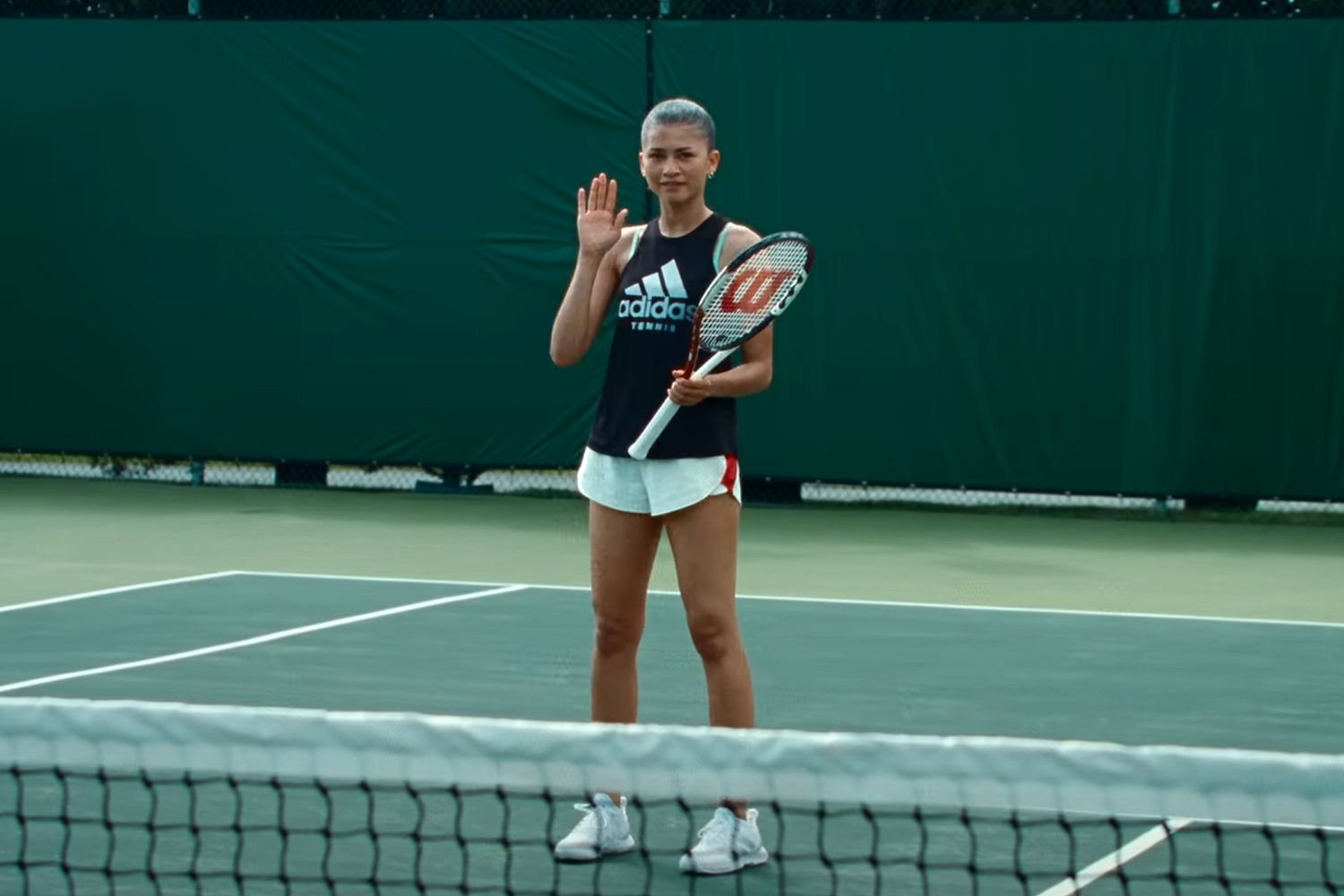Are We Still Talking About Tennis? - How Challengers explores the intersection of Sports, Fashion, and Culture
With a stylish blend of sports, fashion, and pop culture, Challengers redefines how brands integrate into cinema, creating an aesthetic experience that feels both fresh and profoundly relevant.
When Challengers was released, I imagined it would evoke the same captivating atmosphere as Air (the film about the story of Nike, directed by Ben Affleck). These films, which, as they say in Gen-Z, give all the vibez, prioritise atmosphere over conventional storytelling or acting. Luca Guadagnino, known for his work on Call Me by Your Name, excels in this genre of filmmaking. In Challengers, he cleverly uses a love triangle between Art Donaldson (Mike Faist), Patrick Zweig (Josh O'Connor) and Tashi Duncan Donaldson (Zendaya) to draw compelling parallels between a tennis match and complicated personal relationships. Throughout the film, the characters often ask Tashi, who narrates the film, if they are still talking about tennis.
Well, the answer is no.
Challengers delves deep into the realms of branding, brand storytelling and pop culture. Aesthetically, the film shines with meticulously curated cinematography and a striking colour palette. It celebrates sports brands, particularly in fashion, with Adidas and Uniqlo, as well as other luxury brands such as Chanel and Aston Martin, not only appearing in the film, but taking centre stage at certain moments as characters in their own right. This fresh approach points to the future of advertising, and while multiple brands often share a single frame, the integration feels neither intrusive nor artificial. Watching Challengers, you're very aware of the commercial elements, but they're executed with such flair that you don't mind (in my case, I love it because it feels like part of a very well-shot commercial where brands compete to see who can present themselves better).
The constant presence of product placement may seem excessive to some, but it reflects our everyday reality. Look around you and I bet you can easily name at least three brands in your view because they are now ingrained in our lives. In Challengers, the brands do more than just advertise; they enhance the narrative and visual experience of the film.
Jonathan Anderson, the film's costume designer and Loewe's creative director, nailed the concept:
"It's not about product placement; it's about the reality we live in, that we forget that the wallpaper around us is made up of brands. When you see it, you realise how deep it goes.
Aston Martin's presence in the film is particularly remarkable. The fictional endorsement campaign for DBX707, blends seamlessly into the storyline, highlighting the tension between Tashi and Art at certain moments in the film, while demonstrating how an advertisement can blend seamlessly into the narrative. The prominent role of a highly recognisable automotive and motorsport brand in a key scene underlines that both Formula 1 and Tennis are entering a new era where sponsors are actively shaping pop culture and trends.This shift is largely driven by the growing influence of women, both on and off the court. Influencer Morgan Riddle (@moorrgs) is a perfect example, successfully blending tennis, culture and fashion together to highlight the power of the emerging WAG culture. It's no coincidence that the film features a very female-driven narrative, with Zendaya at its centre, who has a significant influence in fashion (think of her as the face of Valentino, and recently tapped by On Sports Brand as their latest high-profile ambassador).
We live in an era dominated by pop culture and fandom, where sport is emerging as the perfect platform for brands, especially in luxury fashion and beauty. Sport has always served as a springboard for brands to achieve iconic status, such as Nike's most legendary partnership with Jordan, which changed the sneaker industry forever. The synergy between athletes and storytelling creates something authentic and aspirational that people want to be a part of. A revolution is underway in fashion, sport and advertising, where becoming a cultural icon is no longer just a game for Adidas or Nike.
And indeed, we are talking about much more than just tennis.
Source: Bloomberg




